Premium Only Content
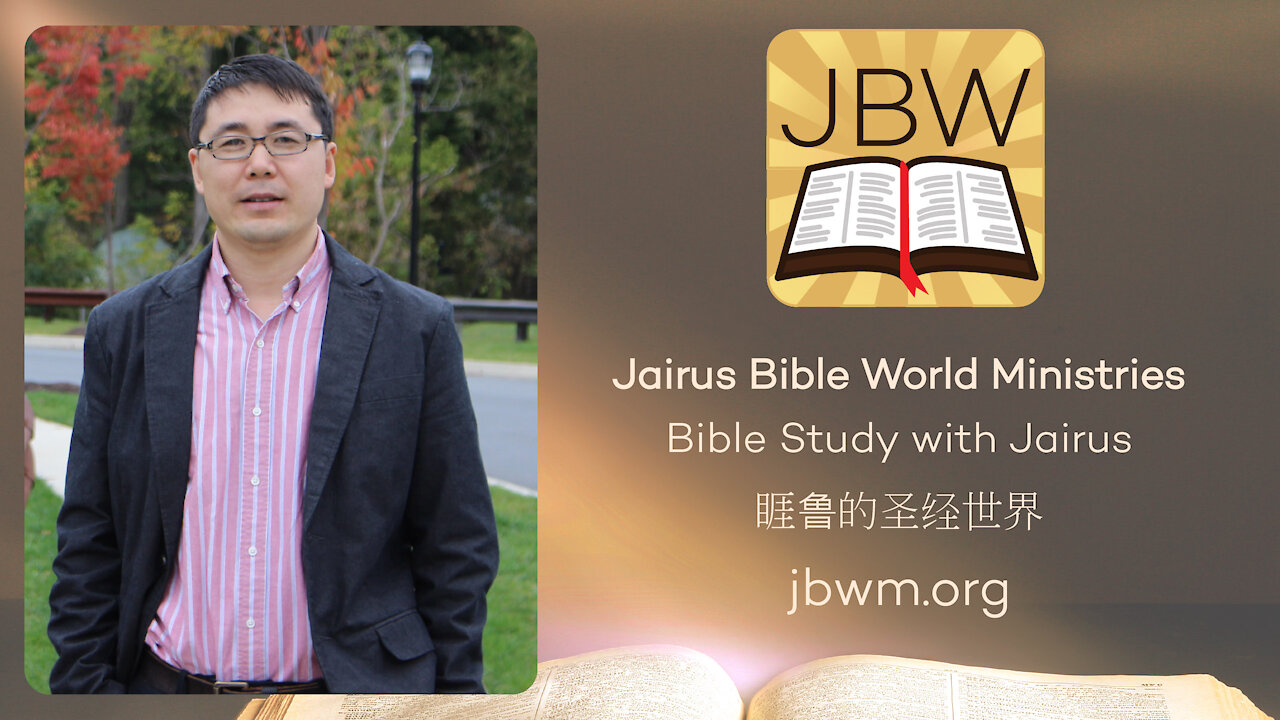
Bible Study with Jairus - Acts 23
Let's look at a rough outline of Acts 23. Paul was imprisoned but uses his identity as a Pharisee to his advantage to defend himself and cause division amongst the Sadducees and Pharisees. The Lord Jesus appeared to Paul later that night assuring him that He would be with him and not to be afraid. The chapter ends with a group of Jews taking an oath to kill Paul but were unsuccessful because Paul's nephew heard about the plot and reported it to the centurion. The centurion snuck Paul out of the city in the middle of the night surrounded by soldiers to protect him. He was kept in Herod's palace. The revelation we received from this chapter is that God will use us to change society if we don't compromise with the religious spirit of the church. What do I mean by this? Listen carefully, and I'll explain. One man in our study shared that he felt Paul was using the conflict between the Pharisees and the Sadducees to divide them. Scripture says, But the Lord appeared to him at night, stood near him and said, "As you have testified about me in Jerusalem, so you must also testify in Rome." (NIV, Acts 23:11) We know that Jerusalem was the center of religious power at that time, and Rome was the center of secular power. I think this man's analysis makes some sense. I call the Pharisees' sect "Vigilantism". They are neither Levites nor priests, and they consider themselves to be defenders of the Jewish law. They incorporated hundreds of laws that went far beyond the Law of Moses. Their laws were intolerable. Thus, when the Lord Jesus came, He criticized them for being hypocritical and blamed them for putting heavy burdens on people. They also opposed Roman rule. This represents religious power in the Jewish religion. Sadducees did not believe in the resurrection. They even challenged the Lord Jesus on the resurrection of the dead. They did not believe in resurrection and angels, but the Pharisees did believe these things were true. The Sadducees were known to have vested interest in Roman rule, so they had a mixed bag of secular power among the Jews. Paul was breaking the traditional boundaries of Judaism by spreading the Gospel to the Gentiles, so both groups joined forces against him. There are religious and secular forces here. The main issue is the religious spirit stirred the Jews up against Paul. Instead of giving in to the religious spirit, Paul bravely fought the spirit of the religion, which stirred the Jews into making a vow to kill him. I shared my experience of leaving one evangelical church and moving to a Pentecostal church to learn more about what they believe. This caused a lot of trouble because my original church didn't understand or accept the Pentecostal Movement. The rise of the religious spirit in several members of my former congregation caused many arguments. If you've ever left a traditional church and moved towards Pentecostalism, you understand what I mean. If someone as unimportant as me can cause such opposition from this religious spirit, you can imagine how an important figure like Paul, who was steeped in Judaism, was strongly opposed for converting to Christianity and preaching the Gospel.
-
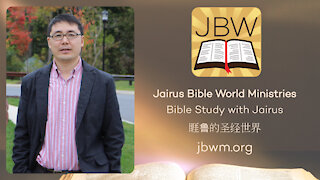 32:18
32:18
BibleStudyWithJairus
4 years agoBible Study with Jairus-Acts 27
67 -
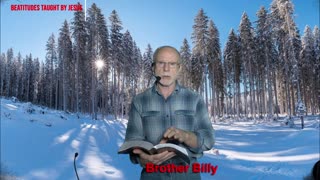 22:20
22:20
KTOMTV
4 years ago $0.06 earnedBible Study #37
221 -
 42:04
42:04
Dctrott
4 years agoSunday Bible study
1501 -
 3:43
3:43
Bronco Bible Study
4 years agoBronco Bible Study: Faith with a Backbone
101 -
 0:33
0:33
SPIRITUALTRUTHS
4 years agoBible study with my dog be like...
41 -
 13:15
13:15
TimCernea
4 years ago $0.02 earnedBarbara's Bible Study
1324 -
 6:29:40
6:29:40
SpartakusLIVE
16 hours ago#1 Massive MEAT-HEAD can't stop WINNING, can't stop FLEXING
96.6K -
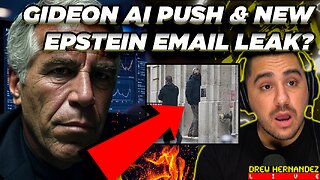 5:09:25
5:09:25
Drew Hernandez
17 hours agoGIDEON AI THREAT DETECTION SOFTWARE PUSH & NEW EPSTEIN EMAIL LEAK?
65.8K30 -
 2:03:51
2:03:51
TimcastIRL
13 hours agoTrans Minneapolis Shooter BLAMED Massacre On Mom & Gender Transition | Timcast IRL
212K409 -
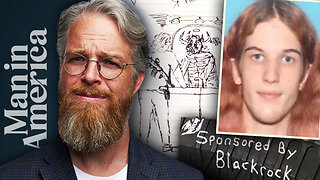 47:29
47:29
Man in America
20 hours agoIT DOESN'T ADD UP: The Trans Shooter's Story Is FULL of Holes
74.7K99